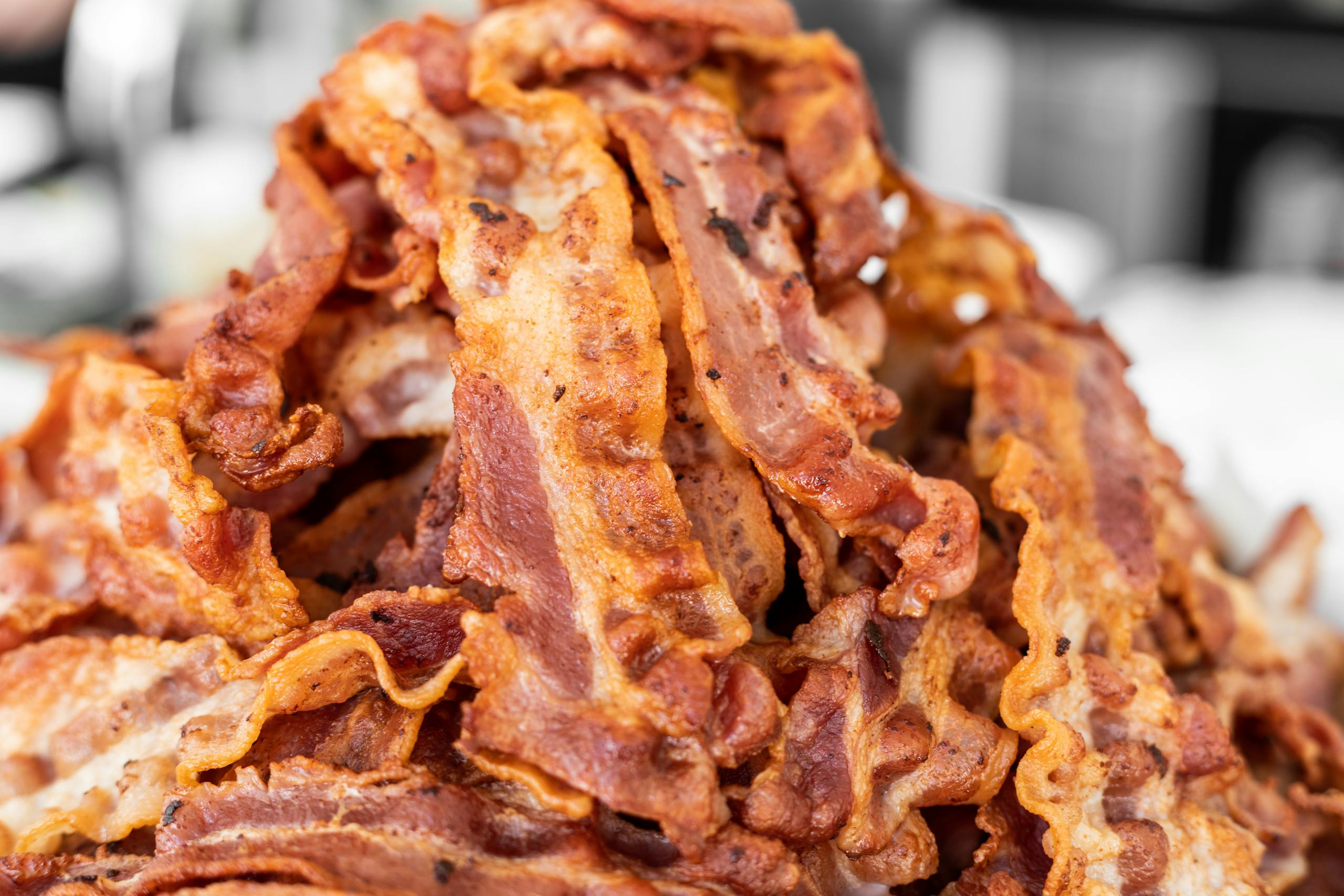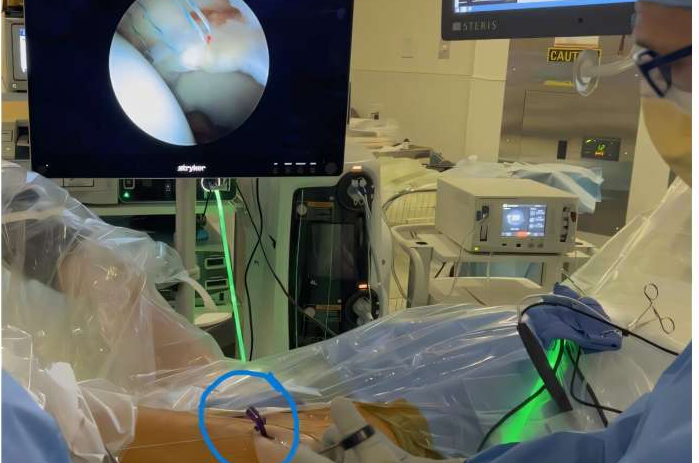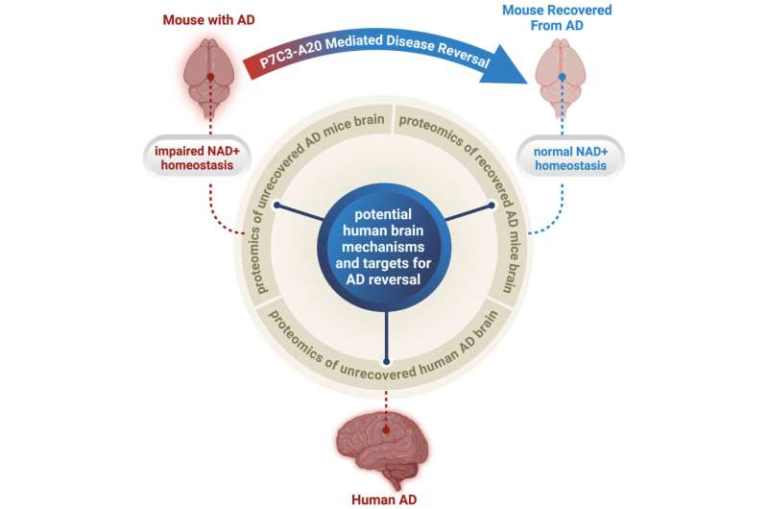High-Fat Diets and Memory: What New Mouse Research Reveals

A fascinating new study has shed light on how high-fat diets can impair memory within just two days—at least in mice.
The research, published in Neuron in September 2025, dives deep into the neurobiological mechanisms that link diet, metabolism, and cognitive performance. While it’s important to note that these findings come from animal models and may not translate directly to humans, the results are striking and provide a detailed look into how what we eat can rapidly affect the brain.
The Experiment: Diet and Memory in Just 48 Hours
Researchers at the University of North Carolina at Chapel Hill placed mice on a high-fat diet (HFD) with the following macronutrient breakdown:
- 58% fat
- 25% carbohydrate
- 17% protein
After only two days, the mice showed clear impairments in memory-related tasks. Specifically:
- Novel Place Recognition (NPR): a test for spatial memory
- Contextual Fear Conditioning (CFC): a task tied to hippocampus-dependent learning
Interestingly, locomotor activity and other general behaviors remained normal, suggesting that the diet selectively impacted memory formation rather than causing broad dysfunction.
The Brain Region at the Center: The Dentate Gyrus
The team focused on the dentate gyrus (DG), a part of the hippocampus known to be essential for forming new memories. Within this structure, they discovered that cholecystokinin-expressing interneurons (CCK-INs) played a critical role.
- Normally, CCK-INs are inhibited by glucose, preventing them from over-activating.
- On a high-fat diet, glucose availability dropped, causing these interneurons to become overactive.
- The result: disruption of hippocampal circuits necessary for memory formation.
In short, the high-fat diet disrupted the brain’s energy balance and caused inhibitory neurons to misfire, undermining memory performance.
PKM2: The Metabolic Link
The study also highlighted the enzyme pyruvate kinase M2 (PKM2) as a key player. PKM2 regulates a final step of cellular energy production in mitochondria. Under a high-fat diet, the researchers observed:
- Increased phosphorylation and activity of PKM2 in CCK-INs.
- This change drove the abnormal firing of interneurons.
When the researchers either reintroduced glucose, knocked down PKM2 expression, or used shikonin (a PKM2 inhibitor), memory deficits were reversed.
Even more interesting, when these interventions were applied before impairments appeared, they prevented memory loss entirely—even in long-term high-fat diet models that normally lead to obesity-induced cognitive decline.
Reversibility: Good News for the Brain
One of the most surprising results was the speed and reversibility of the effect:
- Within two days, memory impairment appeared.
- Short fasting and glucose reintroduction restored normal function.
- If CCK-INs were artificially forced to stay active, glucose no longer helped, showing a direct causal link.
This means the impact of diet on memory can appear quickly—but may also be rapidly reversed if energy balance in the hippocampus is restored.
Broader Context: Diet, Metabolism, and the Brain
This study doesn’t exist in isolation. There’s a growing body of evidence that supports the link between diet and brain health.
High-Fat Diets and Brain Function
- Short-term HFD studies: Earlier research showed that even one day of high-fat feeding can impair memory in mice, and that effects may reverse when the diet changes back.
- 3–5 days of HFD: Other studies have reported reduced synaptic density, mitochondrial dysfunction, and astrocyte activation in the hippocampus.
- Long-term HFD: Leads to obesity, insulin resistance, and metabolic syndrome, all of which are associated with higher risk of dementia and Alzheimer’s disease.
Metabolic Syndrome
Metabolic syndrome is diagnosed when a person has three or more of these conditions:
- High abdominal fat
- High triglycerides
- Low HDL (“good” cholesterol)
- High blood sugar
- High blood pressure
People with metabolic syndrome have been shown to face an increased risk of cognitive decline and neurodegenerative disease. This study provides a possible mechanism: diet-induced metabolic stress alters hippocampal function, increasing vulnerability to memory problems.
Why the Hippocampus Is So Sensitive
The hippocampus is a particularly energy-hungry region of the brain. While the brain is only about 2% of body weight, it consumes ~20% of the body’s energy. Because of this high demand, any disruptions in glucose supply or energy metabolism can have immediate consequences.
The dentate gyrus appears especially vulnerable. It is crucial for:
- Encoding new episodic memories
- Distinguishing between similar memories
- Supporting spatial navigation
If energy flow is disrupted here, memory functions suffer.
The Brain Energy Theory of Mental Disorders
This study also ties into a broader emerging idea known as the brain energy theory of mental disorders. According to this theory, disruptions in cellular energy production (ATP) and mitochondrial function may contribute to:
- Dementias
- Mood disorders
- Psychosis
The role of PKM2 in the new study suggests that targeting this enzyme—or more broadly, targeting energy regulation in neurons—could one day become a therapeutic approach for these conditions.
Fasting, Glucose, and Diet Interventions
The results also highlight some intriguing interventions:
- Fasting and refeeding cycles restored hippocampal function in the mouse model.
- Glucose supplementation reversed deficits when glucose-starved CCK-INs were the root cause.
- PKM2 inhibition protected memory performance both short- and long-term.
While this doesn’t mean people should start supplementing glucose or taking PKM2 inhibitors, it does point toward modifiable lifestyle factors—especially food choices—as powerful influences on cognitive health.
Key Takeaways
- Memory deficits can appear after just two days of a high-fat diet—at least in mice.
- The problem originates in the dentate gyrus of the hippocampus, where CCK interneurons become overactive due to reduced glucose.
- The enzyme PKM2 links energy metabolism to neuronal activity, making it a potential therapeutic target.
- Glucose supplementation, fasting/refeeding, or PKM2 inhibition can reverse or prevent memory impairment.
- These findings highlight the importance of modifiable lifestyle factors, especially diet, in maintaining brain health.
Important Caveats
- This was a mouse study, and results may not directly apply to humans.
- The diet tested was a specific lab-formulated high-fat diet; real-world diets are more complex.
- Only certain cognitive functions (hippocampal memory tasks) were measured, not broader aspects of behavior.
Despite these limitations, the work represents a significant advance in understanding how diet impacts the brain.
Final Thoughts
The takeaway is clear: the effects of diet on brain health can be rapid, profound, and reversible. This adds urgency to the way we think about nutrition—not only for long-term health outcomes like obesity and diabetes but also for immediate cognitive performance.
As the rates of metabolic syndrome and poor diet quality rise globally, understanding these mechanisms becomes even more crucial. While more research is needed in humans, the idea that our food choices could shape our memory within days is both sobering and motivating.
Research Reference:
Landry, T., Perrault, L., Melville, D., et al. (2025). Targeting glucose-inhibited hippocampal CCK interneurons prevents cognitive impairment in diet-induced obesity. Neuron. https://doi.org/10.1016/j.neuron.2025.08.027





